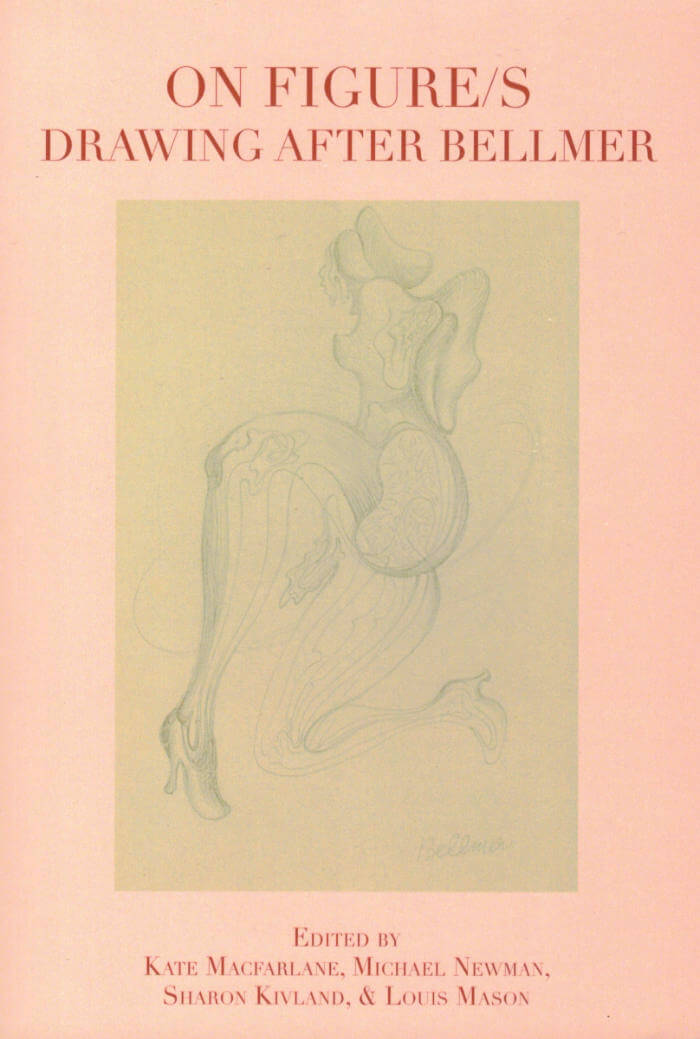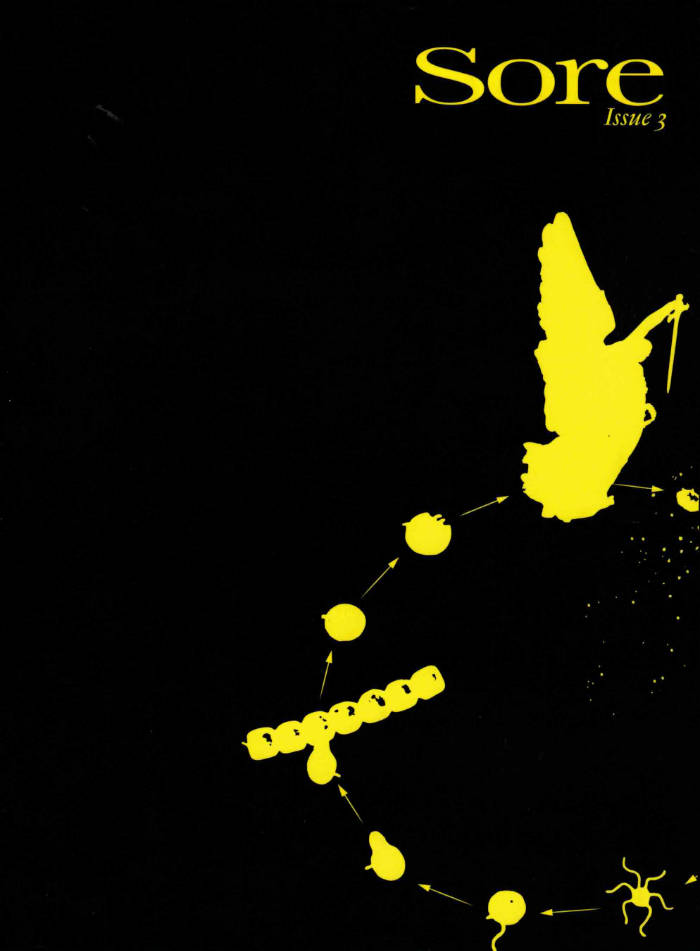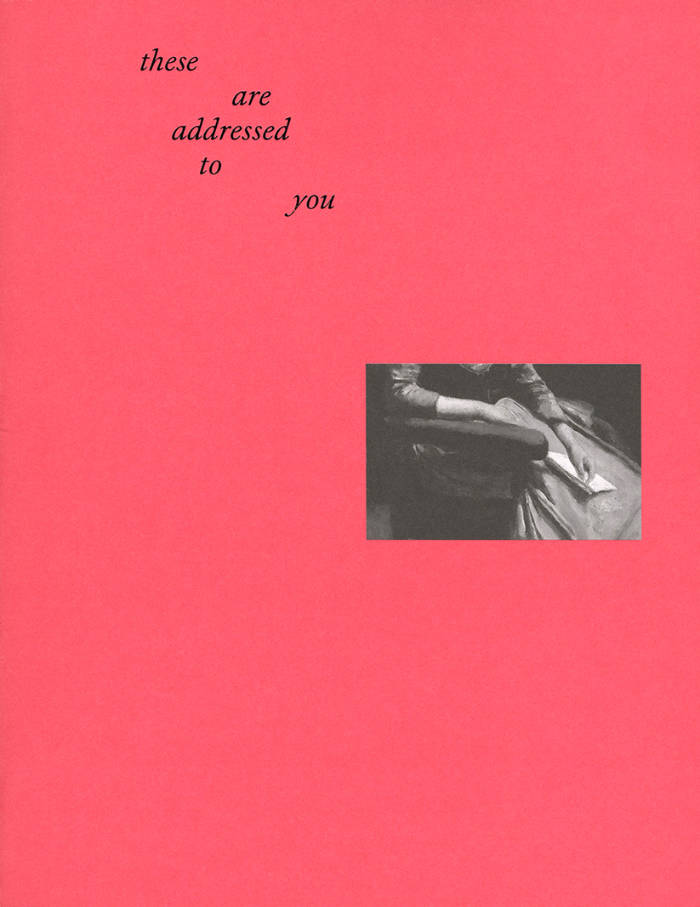
On Figure/s. Drawing After Bellmer
Louis Mason ed., Sharon Kivland ed., Michael Newman ed., Kate Macfarlane ed.
Raised by a fascist father in Nazi Germany, the Surrealist artist Hans Bellmer (1902-1975) dedicated his œuvre to a perverse rewriting of the symbolic order. Famous for the two dolls he constructed in the mid-1930s, his transgressive ideas around the body as anagram were shared by his partner Unica Zürn. Both broke received codes of behaviour and the implicit rules of language, providing fertile ground for artists and other thinkers, including feminists, to similarly rewrite the body. ON FIGURE/S is published in parallel with the exhibition FIGURE/S: drawing after Bellmer (Drawing Room, London, September 2021). It gathers responses to its themes: body as letter, word and sentence; perversion and enjoyment; technical and forensic drawing in pursuit of pleasure; the other than human—becoming object, plant, animal. This book is a way to think through and with works of art and their histories, involving multiple textual forms, collage, and drawing, which take the radical and transgressive energy of Bellmer and Zürn in unexpected directions.
Contributors: Paul Buck, Lola Bunting , Alice Butler, Paul Chan, Iris Colomb, Vincent Dachy, Zoë Dowlen, Rachel Genn, Aurelia Guo, Mathew Hale, Tom Hastings, Rebecca Jagoe, Sharon Kivland, Sarah Lederman, Kate Macfarlane, Kumi Machida, Louis Mason, Reba Maybury, Jade Montserrat, John Murphy, Michael Newman, Bernard Noël, Tamarin Norwood , Francesco Urbano Ragazzi, Aura Satz, Sophie Seita, Anne Lesley Selcer, Isabel Seligman, Sarah Wilson







